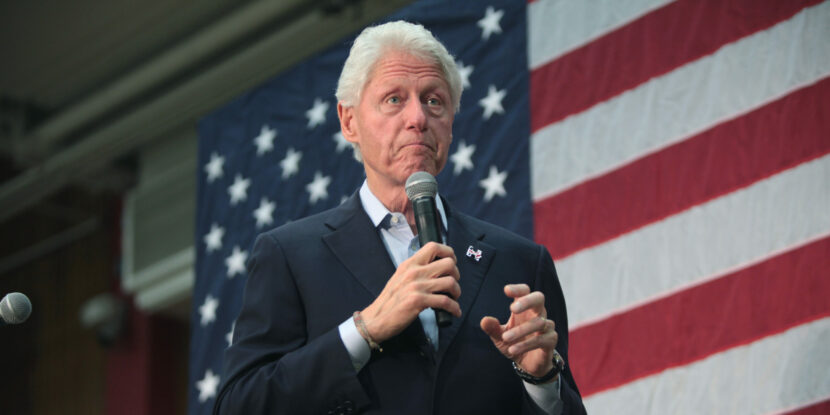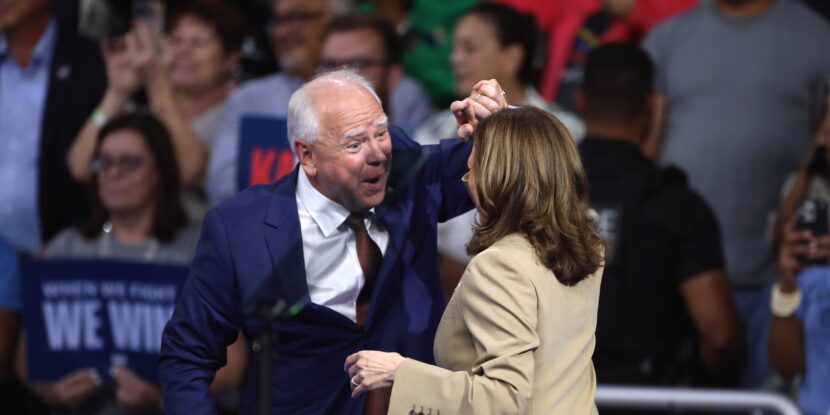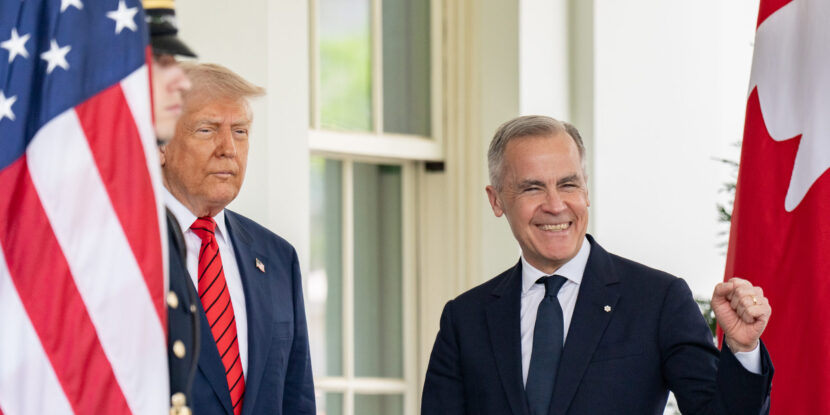❓WHAT HAPPENED: President Donald J. Trump announced that he is considering reclassifying marijuana as a less dangerous drug.
👤WHO WAS INVOLVED: President Trump, White House officials, and industry groups.
📍WHEN & WHERE: Monday at a White House press conference.
💬KEY QUOTE: “We’re looking at reclassification, and we’ll make a determination over, I’d say, the next few weeks.” – Donald Trump.
🎯IMPACT: Reclassification could reduce criminal penalties, open research opportunities, and provide tax breaks for marijuana businesses.
President Donald J. Trump stated on Monday that his administration is considering reclassifying marijuana to a less dangerous legal schedule under federal law. Speaking during a White House press conference, Trump said, “We’re looking at reclassification, and we’ll make a determination over, I’d say, the next few weeks.”
“We’re looking at reclassification,” Trump stated, while cautioning that “it’s early” and the issue is “very complicated.” He expressed concerns about marijuana’s effects on children, but said he had been hearing “great things” about its medical applications.
President Trump on marijuana: “We’re looking at reclassification and we’ll make a determination over the next few weeks.” pic.twitter.com/GTiYKogmuA
— CSPAN (@cspan) August 11, 2025
The Biden government had started the process to reclassify marijuana as a Schedule III drug in 2024, but did not finalize it. A Schedule III designation would reduce criminal penalties, encourage medical research, and allow pharmaceutical companies to participate in the legal marijuana market. It would also enable certain marijuana businesses to qualify for tax deductions.
Since 1971, marijuana has been federally classified as a Schedule I drug, alongside substances like heroin and LSD, which are considered to have a high potential for abuse. Schedule III drugs, on the other hand, include substances like ketamine, anabolic steroids, and Tylenol with codeine, which are deemed less dangerous under federal regulations.
Currently, businesses handling Schedule I or Schedule II substances are unable to claim ordinary business deductions or receive federal tax credits, a restriction that would be lifted for marijuana businesses under a Schedule III classification.
Several states have already legalized the selling of marijuana commercially, including California and New York. Canada legalized marijuana for recreational use in 2018, which led to an explosion of marijuana stores across the country. Use of the drug also increased, according to a 2023 report, which suggested that around 22 percent of the public aged over 15 used cannabis in the past year as of 2021.
Join Pulse+ to comment below, and receive exclusive e-mail analyses.




















